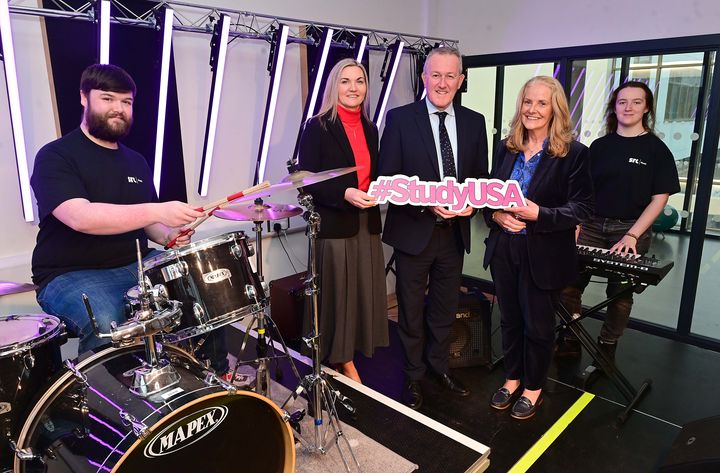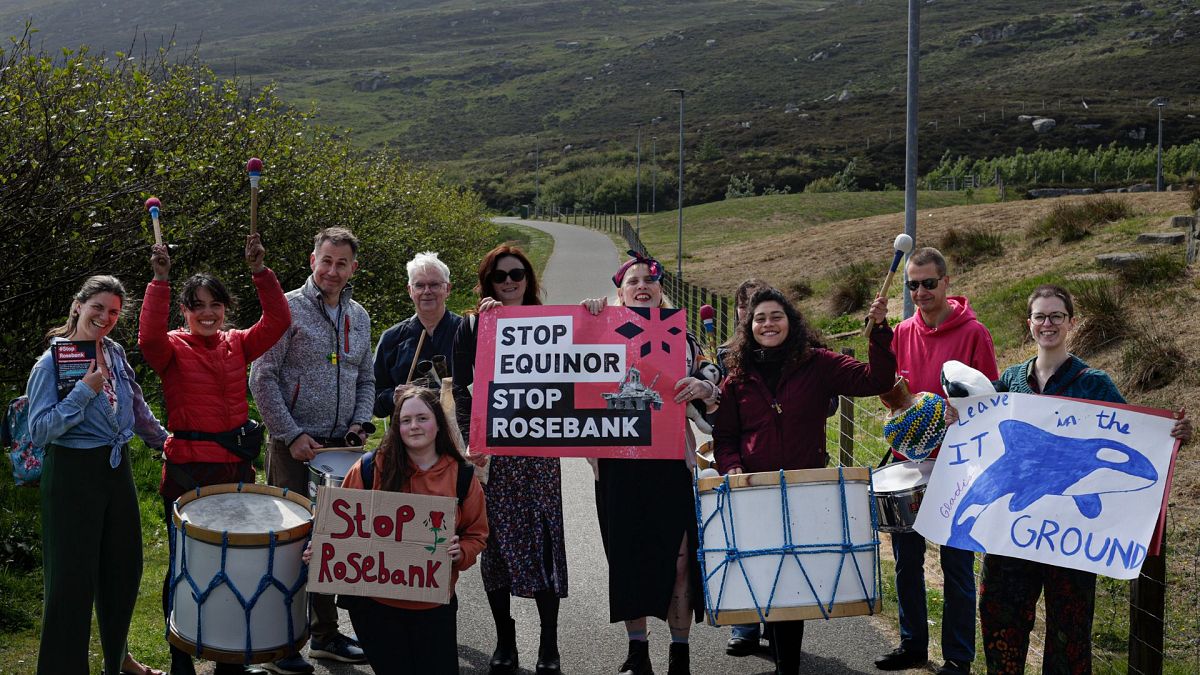
December 10, 2024 This article has been reviewed according to Science X's editorial process and policies . Editors have highlightedthe following attributes while ensuring the content's credibility: fact-checked trusted source proofread by University of Waterloo Climate change is beginning to make early-season cancellations a regular part of winter sport competitions. As winter sport organizers deal with increasing climate-related problems operating races, a first-of-its-kind study from the University of Waterloo offers athlete and coach insights on how competition organizers can improve the safety, fairness and feasibility of winter sports .
The study, "Athlete Insights on Climate Change and Winter Sport: Impacts, Thresholds, Adaptations, and Implications for the Future," is published in the Journal of Global Sport Management . Surveying nearly 400 elite-level winter athletes and coaches, the study found that 95% of people polled said climate change is now negatively impacting their sport and current adaptations are not keeping pace with the realities of increasingly warmer winters. It also shows that while efforts to preserve and enhance snow quantity and quality are considered good, the cost to the environment is high and potentially overshadow other contingency plans .

"We are seeing the seasons shift a lot, but organizers are not shifting the competition season," said Natalie Knowles, post-doctoral researcher in the Faculty of Environment. "The season usually ends in early March, but we're seeing greater snowfall in a lot of places at the end of February, March and into April. Yet there's no competitions then.
They're trying to pull off these races in the early season, in October and November, when there's not the cold temperatures or the snow." The study's participants identified the optimal environmental conditions for their winter sports and how adapting to warmer conditions and other contingency plans would ensure a safe and fair competition for all athletes. Across all disciplines, athletes emphasize the need for proactively avoiding date changes by not scheduling events at venues with known snowpack issues.
Participants also suggest the benefits of scheduling in extra weather days or competition windows to allow adjustment to events without major schedule changes or cancellations. Narrowed courses, cancelled training runs, last-minute course alterations, and reduced warm-up areas were also identified as unacceptable. Beyond competitions, athletes and coaches are concerned climate change will reduce training opportunities, negatively impacting next-generation athlete development and winter sport culture.
These results emphasize the role climate change plays in shaping the future of winter sport and that while adaptation is needed at the sporting level, a societal response led by our governments is just as critical. "It's not winter sports that are causing climate change. It's a much bigger problem," Knowles says.
"On a more national and global political level, we have to push for wider solutions and approach the problem with greater ambition and transparency." Moving forward, the researchers are working with their partners at Protect Our Winters Canada to push the Ski Federation and the Canadian government on sustainability and climate change policies. More information: Natalie Knowles et al, Athlete Insights on Climate Change and Winter Sport: Impacts, Thresholds, Adaptations, and Implications for the Future, Journal of Global Sport Management (2024).
DOI: 10.1080/24704067.2024.
2398746 Provided by University of Waterloo.















